Project to Prevent Frailty, Locomotive Syndrome, and Dementia
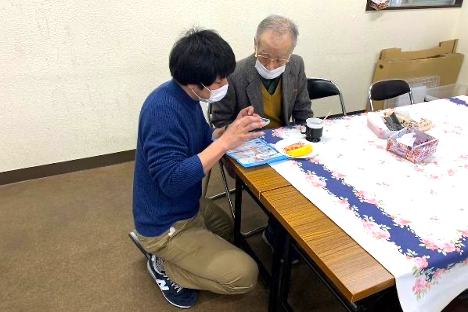
Launched in 2017 as an industry-government-academia project, this initiative offers activities that contribute to the extension of healthy life expectancy among residents of Kaizuka City, focusing on health checks, exercise classes, and volunteer training projects.
Pattern Language for “Mutual Care”—A Thinking Aid for Those Caring for Older People
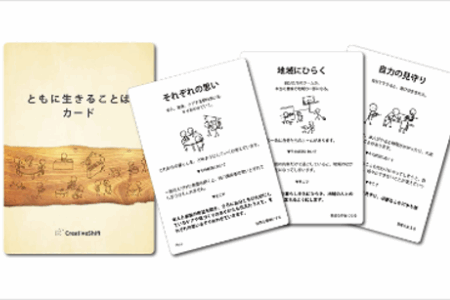
Keio University researchers developed a “thinking aid” for caregivers at eldercare facilities and at home to share better care practices. They developed a pattern language focused on the concept of mutual care, focusing on a relationship of “living together” rather than a relationship between “those who provide care and those who are cared for.”
NCGG Home Exercise Program for Older People

In response to COVID, a multidisciplinary team of physicians, therapists, and dieticians created an evidence-based Home Exercise Program for Older People (HEPOP), which was published one month later as a booklet and online, offering a menu of exercises and activities that can be easily practiced at home. It was integrated into the Ministry of Health’s Online Kayoinoba (gathering place) app.
Citizen-Based Frailty Prevention Program
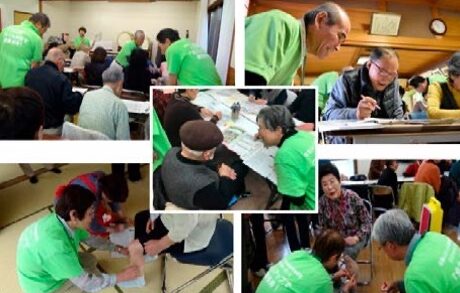
Based on research findings, a new training system was developed for local older people to become resident volunteers, or “frailty supporters.” A peer-to-peer model for “frailty check” activities was developed where older people gather together and carry out a comprehensive assessment to notice changes and modify their behavior together.
Online Exercise Salon for the Elderly through Industry-Academia Collaboration
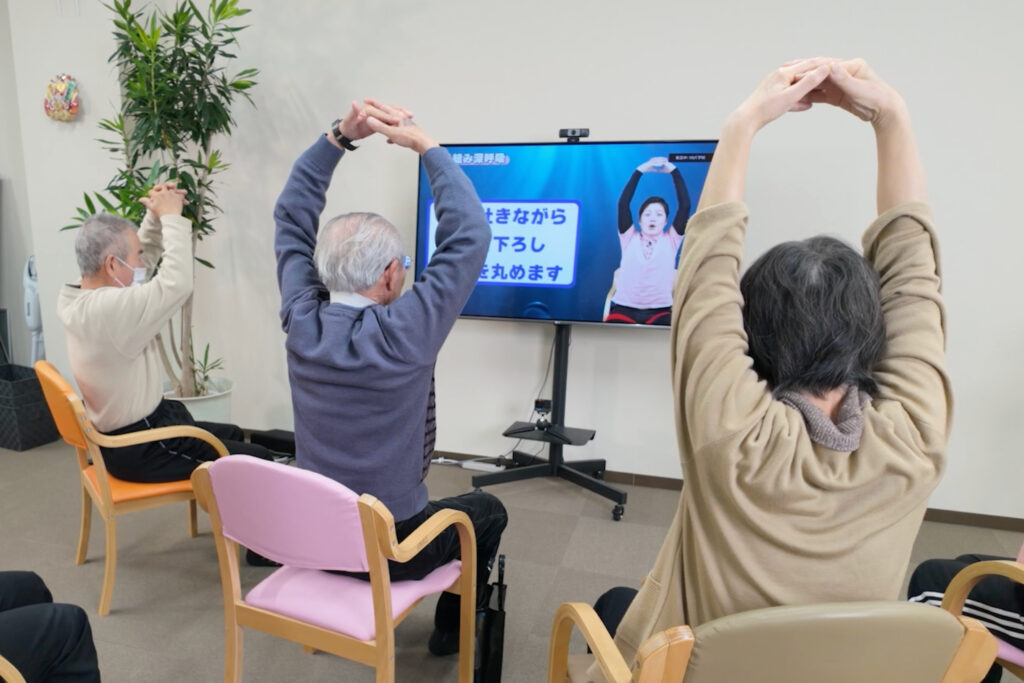
Based on a unique concept of “gut-brain-muscle correlation,” this program offers online exercise and brain health broadcasts on a contract basis to nursing homes. By providing more than 10,000 combinations of evidence-based exercises designed to prevent frailty and maintain health, the salons reduce the need for nursing personnel to spend time and resources creating their own content to keep residents healthy and engaged.
CARE-Net—A Smart Integrated Care Approach to Reach Older People in a Depopulated Area
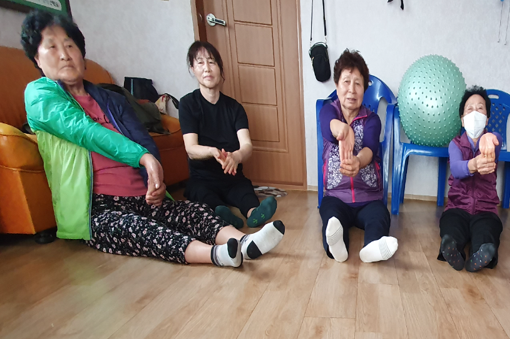
CARE-Net is a digital platform that assists underserved rural communities by connecting health, welfare, long-term care, and medical care. By allowing inter-agency data-sharing and communication, experts can quickly identify a person’s needs and consult with others to resolve them. Village care managers (trained citizen health leaders) in each village help their neighbors navigate the system and advocate on their behalf.
Digital Literacy Modules for Older Persons
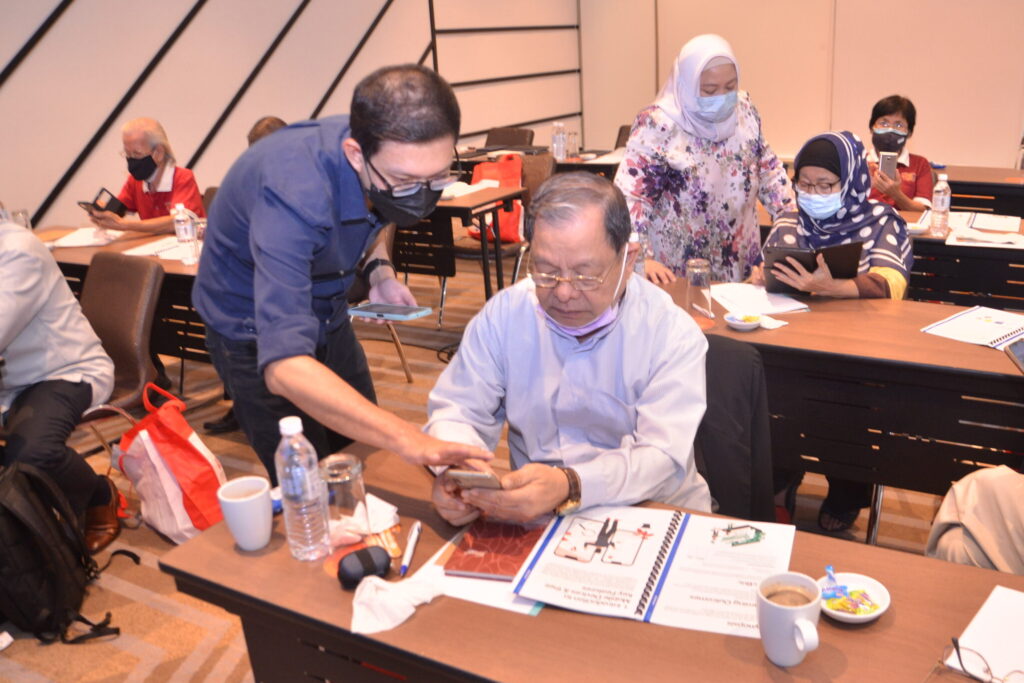
MyAgeing has created five comprehensive, evidence-based educational modules to improve digital literacy skills among older people, helping them access essential services and stay connected to their communities. Topics include using mobile devices for navigation, messaging, and shopping, and they focus
particularly on accessing safe content and avoiding scams.
MEDEE—Fostering Work Skills for Seniors in the Digital Era
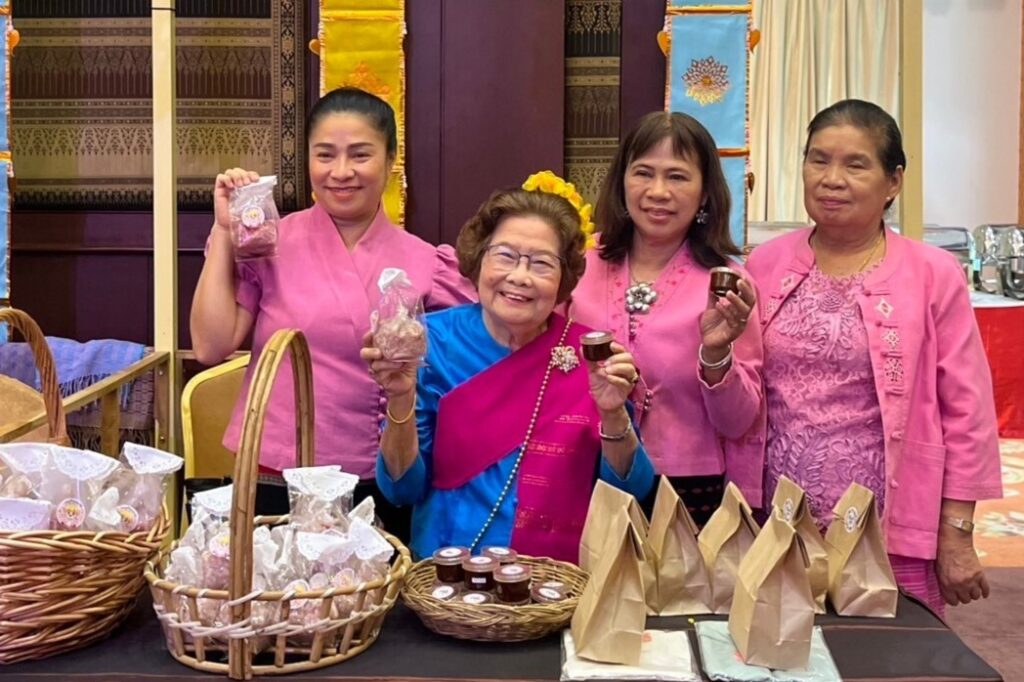
In 2021, Chiang Mai University’s School of Lifelong Education launched the Multi-Generation Entrepreneur Development Education Ecosystem or “MEDEE.” MEDEE uses a Line-based online learning tool, combined with in-person teaching through a robust network of community organizations, to provide lifelong learning opportunities for older people. MEDEE offers courses that teach older people digital literacy skills and occupational skills to help them set up an online business and generate income. It also features courses on financial management and physical and mental health so that people can be self-reliant and fulfilled as they age.
Houston Apollo Model –Sustainable Intelligent Community Health Service for Older People In Remote Areas
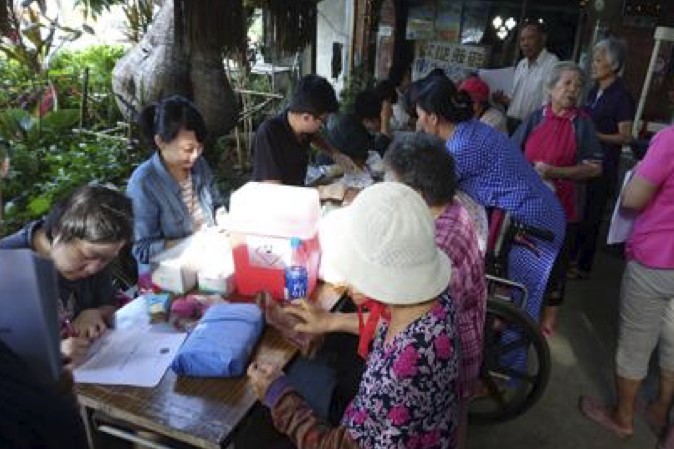
In Yunlin County, Taiwan, the “Houston Apollo Model” leverages telemedicine at community meal service sites to provide healthcare to older residents. This approach has improved health outcomes and medical resource utilization, addressing rural healthcare disparities.
Capacity Building for Caregivers and Older Persons for Contactless Deliveries using Indoor Autonomous Robots during the COVID-19 Pandemic
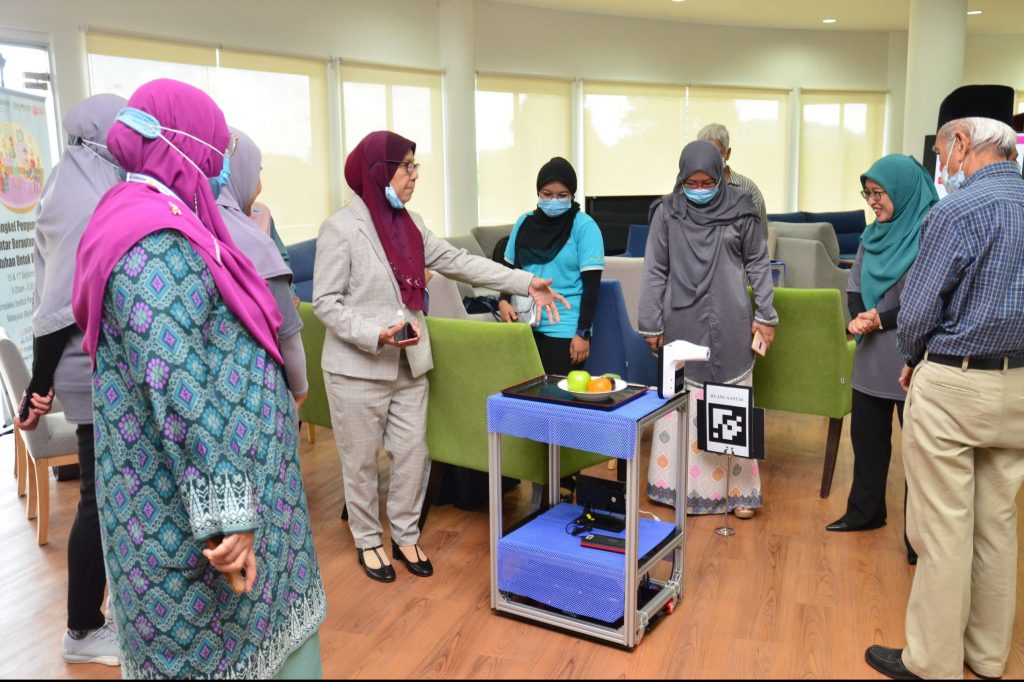
During the COVID-19 pandemic, contactless delivery suddenly became a critical tool to limit the spread of the disease and facilitate social distancing. The Malaysian Research Institute on Ageing launched a program in 2020 to respond to this need, developing an autonomous robot that could make contactless deliveries in long-term care settings.

